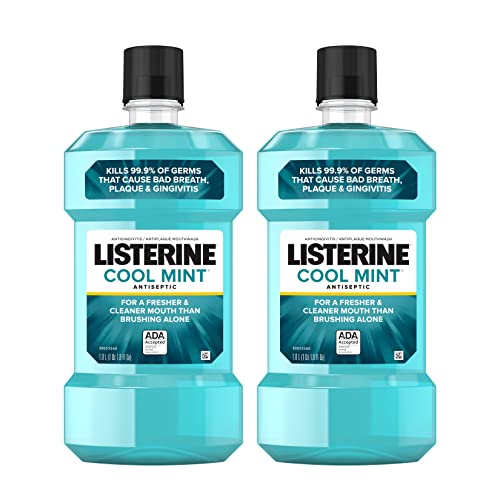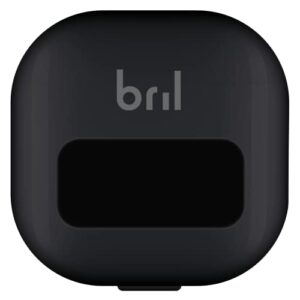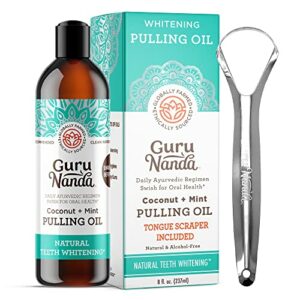In our step-by-step guide “How to Tackle Bad Breath,” we aim to help you find effective remedies for dealing with bad breath. Whether you’re experiencing this issue yourself or know someone who is, we understand the discomfort and embarrassment it can cause. Our guide provides simple and practical steps that can be easily followed to address the problem of bad breath. By using these remedies, we hope to help you regain confidence and freshen your breath.
Freshen your breath with these top-selling solutions
Identifying the cause
To understand the common causes of bad breath, we need to consider various factors that can contribute to this issue. Here are some key points to help you identify the cause:
- Poor oral hygiene: Inadequate brushing and flossing can lead to the buildup of bacteria in the mouth, resulting in bad breath. Make sure to brush your teeth twice a day, floss daily, and clean your tongue regularly.
- Food particles: Leftover food particles in the mouth can become trapped between teeth or in dental work, causing an unpleasant odor. It’s important to thoroughly clean your teeth and gums after eating to remove any food debris.
- Dry mouth: Insufficient saliva production can lead to a dry mouth, increasing the risk of bad breath. This can be caused by certain medications, breathing through the mouth, or medical conditions such as Sjögren’s syndrome. Stay hydrated and consider using artificial saliva or sugar-free gum to stimulate saliva flow.
- Smoking: Smoking not only causes its own distinctive odor but also dries out the mouth and promotes the growth of bacteria. Quitting smoking can significantly improve both your oral health and breath.
- Certain medical conditions: Bad breath can be a symptom of underlying medical conditions, such as respiratory infections, diabetes, liver or kidney problems, and gastrointestinal issues. If your bad breath persists despite good oral hygiene habits, it’s important to consult a healthcare professional to rule out any underlying health concerns.
Remember, identifying the cause of bad breath is the first step towards finding an appropriate solution. By addressing the specific factors contributing to your bad breath, you can take proactive measures to improve your oral health and freshen your breath.
Improving oral hygiene
Brushing teeth twice daily, flossing regularly, and using mouthwash are crucial steps in maintaining good oral hygiene. These practices help remove bacteria and food particles that can lead to bad breath. To ensure you have fresh breath and a healthy mouth, start by brushing your teeth twice a day. Use a soft-bristled toothbrush and fluoride toothpaste. Gently brush all surfaces of your teeth in circular motions, ensuring you reach the front, back, and chewing surfaces. Don’t forget to brush your tongue too, as it can harbor bacteria that contribute to bad breath. Next, make flossing a part of your daily routine. Take a piece of dental floss and wrap it around your fingers, leaving a few inches in between. Gently slide the floss between your teeth, moving it up and down to remove any plaque and food particles. Finally, incorporate mouthwash into your oral care routine. Rinse your mouth with a mouthwash that contains antibacterial properties, swishing it around for 30 seconds before spitting it out. This will help kill any remaining bacteria and freshen your breath. By following these simple steps, you can improve your oral hygiene and maintain a healthy, fresh smile.
Hydrating the mouth
To prevent dry mouth and bad breath, it is important to drink plenty of water throughout the day. Staying hydrated helps to keep the mouth moist and encourages the production of saliva, which is essential for maintaining oral health. Make it a habit to sip water frequently, especially after meals or when engaging in activities that may cause dehydration.
Additionally, chewing sugar-free gum or sucking on sugar-free mints can be helpful in stimulating saliva production. The act of chewing or sucking encourages the salivary glands to release more saliva, which helps to rinse away bacteria and food particles in the mouth. This can not only alleviate dryness but also provide a refreshing feeling.
For example, after having a meal, we can chew on a piece of sugar-free gum for about 10-15 minutes. This action will not only freshen our breath but also help in saliva production. Similarly, when we feel our mouth getting dry during the day, we can suck on a sugar-free mint to stimulate the flow of saliva and maintain moisture.
Remember, staying hydrated and promoting saliva production are essential for a healthy mouth and to avoid the discomfort of dry mouth and bad breath. Incorporate these simple habits into your daily routine to promote optimal oral health.
Avoiding odor-causing foods
Limit Consumption of Odor-Causing Foods and Beverages
Identifying the culprits behind bad breath can be key to maintaining fresh breath throughout the day. We understand that certain foods and beverages can contribute to unpleasant odors, so we’re here to provide you with a helpful list. By limiting your consumption of these items, you can avoid potential embarrassment and confidently engage in social interactions.
- Onions and Garlic: While they add incredible flavor to dishes, onions and garlic contain sulfur compounds that can linger in your mouth and cause bad breath. Opt for milder alternatives or use them sparingly in your cooking.
- Coffee: As much as we appreciate that morning cup of joe, it’s worth noting that coffee can leave a lasting odor. Consider reducing your intake or switching to a less aromatic option, such as herbal tea.
- Alcohol: Alcoholic beverages not only dehydrate your body but also contribute to dry mouth, allowing bacteria to thrive and produce foul-smelling compounds. Moderation is key, so try limiting your alcohol consumption and staying hydrated with water instead.
By being mindful of your intake of these odor-causing foods and beverages, you can significantly improve your breath freshness. Remember, we all deserve to enjoy the company of others without worrying about the scent of our breath.
Regular dental check-ups
Regular dental check-ups are crucial for maintaining good oral health and preventing dental problems. Visiting a dentist on a regular basis ensures that our teeth and gums receive professional care, including thorough cleanings that remove plaque and tartar buildup. These cleanings help to prevent gum disease, cavities, and other oral health issues. Additionally, regular check-ups allow dentists to identify and address any underlying dental issues that may be contributing to bad breath.
To ensure optimal oral health, it is essential that we schedule regular visits to the dentist, ideally every six months. During these check-ups, the dentist will carefully examine our teeth and gums, looking for any signs of decay, gum disease, or other dental problems. They may also take X-rays to get a clearer picture of our dental health. If any issues are identified, the dentist will provide appropriate treatment or refer us to a specialist if necessary.
By visiting the dentist regularly, we can address any oral health concerns in their early stages, preventing them from worsening and potentially causing more serious problems. Regular check-ups also give us the opportunity to discuss any concerns or questions we may have about our oral hygiene routine, ensuring that we are taking the best possible care of our teeth and gums.
Remember, prevention is always better than cure. Scheduling regular dental check-ups is a proactive step towards maintaining a healthy mouth and preventing dental issues. So, let’s prioritize our oral health and make regular visits to the dentist a part of our routine. Our mouths will thank us for it!
Seeking medical advice
If your bad breath persists despite following the previous steps, it is important to consult a healthcare professional. Persistent bad breath may be a sign of an underlying medical condition that needs to be addressed. We understand that this can be concerning, but seeking advice from a healthcare professional will help determine the cause of your bad breath and guide you towards the appropriate treatment.
To consult a healthcare professional, we recommend scheduling an appointment with your primary care physician or dentist. They will be able to evaluate your symptoms, perform any necessary tests, and provide you with a proper diagnosis. Be sure to explain the steps you have already taken to address your bad breath, such as maintaining good oral hygiene, staying hydrated, and avoiding foods that may contribute to bad breath.
During your appointment, it is important to be open and honest with your healthcare professional about any other symptoms you may be experiencing, as well as any medications you are currently taking. This information will help them assess your overall health and determine if there are any underlying medical conditions that may be causing your bad breath.
Remember, seeking medical advice is the best course of action if your bad breath persists despite your efforts. Your healthcare professional will provide you with the guidance and support needed to address the underlying cause of your bad breath and help you achieve fresh breath and optimal oral health.
Putting an end to the embarrassment
In conclusion, we have explored various strategies to tackle bad breath effectively. We have emphasized the significance of maintaining good oral hygiene through regular brushing and flossing. Staying hydrated and maintaining a healthy diet also play crucial roles in combating bad breath. If these methods do not provide relief, it is essential to seek professional help from a dentist or physician. Remember, addressing bad breath not only improves our oral health but also boosts our confidence and overall well-being. Let’s prioritize our oral hygiene and take the necessary steps to achieve fresh breath.


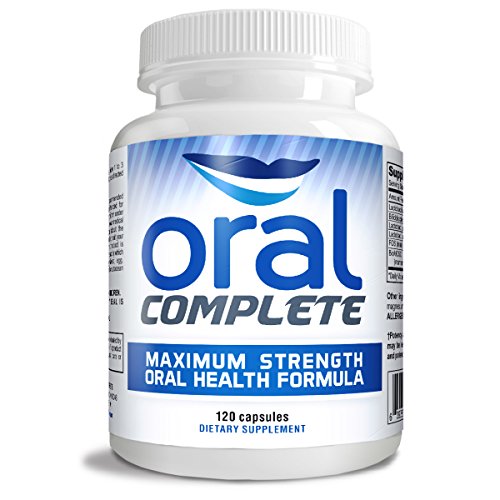



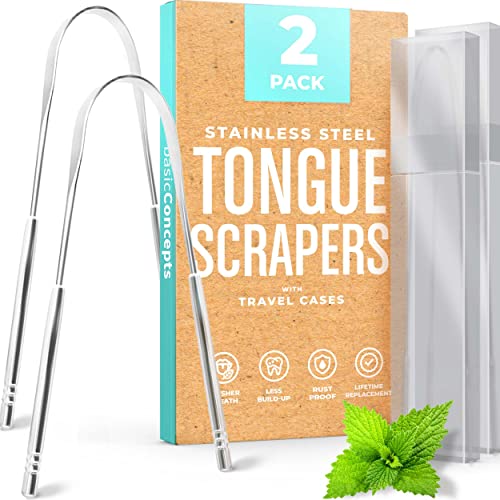


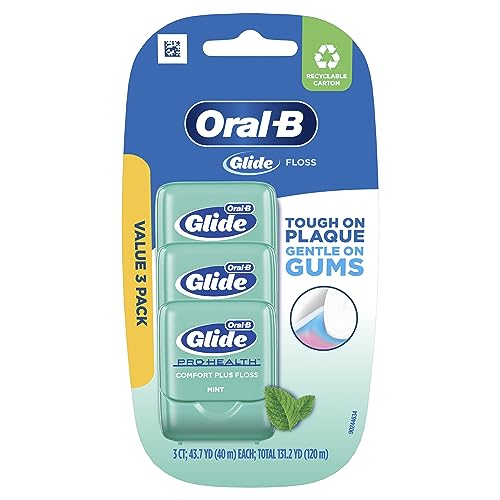


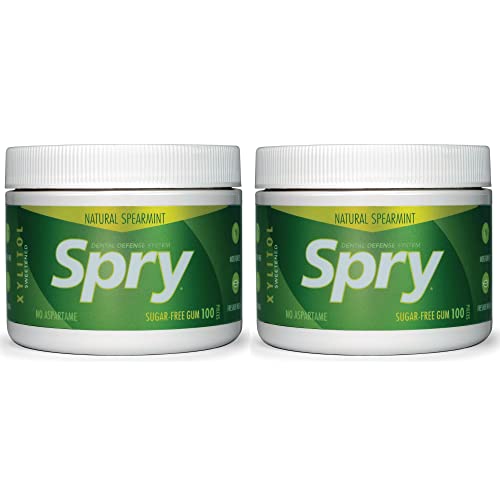



![How to Tackle Bad Breath 15 NatureWise Oral Health Chewable Probiotics | Supports Healthy Teeth, Gums, & Better Breath | Ear, Nose, Throat Immunity for Kids & Adults | Sugar-Free Natural Mint Flavor [2 Month Supply - 50 Tablets]](https://m.media-amazon.com/images/I/41vQGzhKsFL.jpg)





